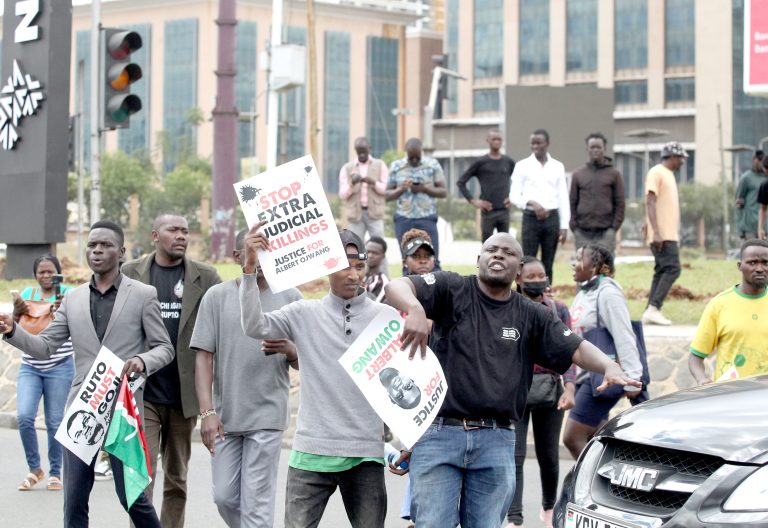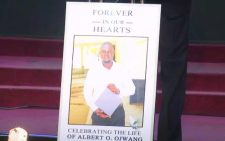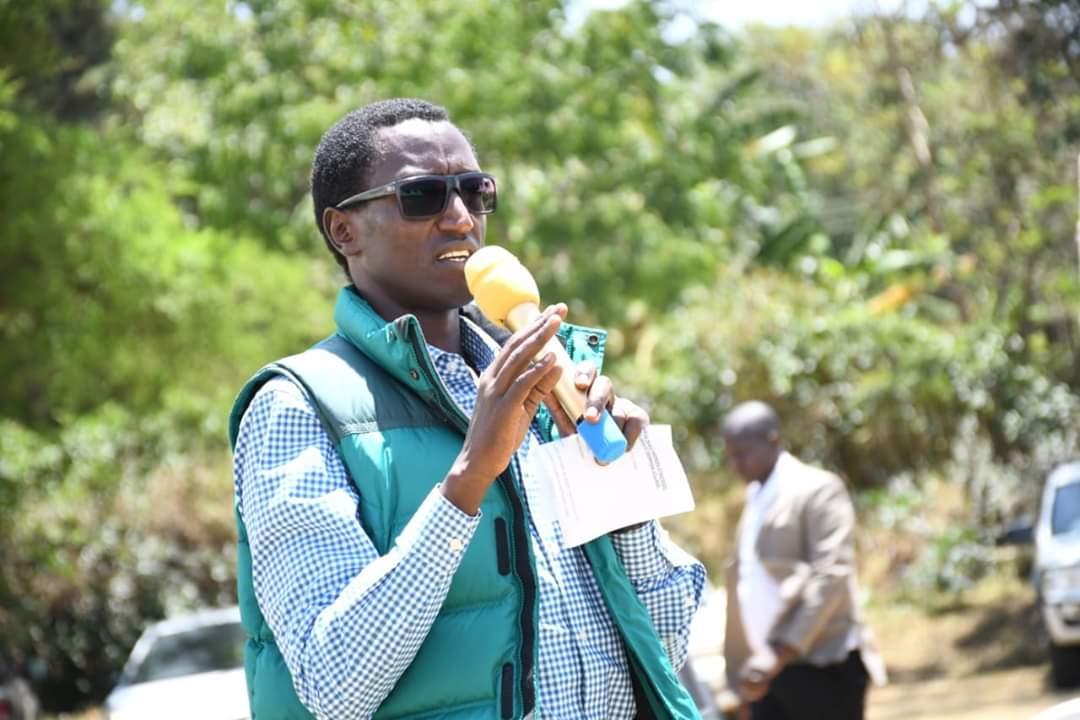Recent tragic events show death of constitutionalism

In Kenya today, human life has lost its value – a tragedy our Constitution did not foresee despite Chapter Four’s Bill of Rights. Kenyan lives have become like livestock, their fate decided by owners for convenient disposal, much like cattle slaughtered at the Dagoretti abattoirs or chickens casually chosen for family meals.
State institutions charged with protecting human rights have adopted the same approach through their leaders. They decide, “You will die this evening,” and by evening, courtesy of their instruments of power, you will surely be dead.
The problem isn’t just death itself, but that you die without justice, as these same individuals control all State apparatus for accessing justice, rendering it dysfunctional.
This isn’t just about power. It’s the collapse and death of constitutionalism.
Albert Ojwang’s death and autopsy results revealed not only a tragedy but the chilling reality of a monster created over time that now rears its ugly head in Kenyans’ daily lives: impunity.
It’s evident in his alleged offences, arrest manner, transfer kilometres from his arrest jurisdiction to authorities who ordered it, and subsequent death while allegedly hospitalised.
While the National Police Service has undertaken administrative actions, including alleged interdictions, and the Interior Cabinet Secretary promises to leave no stone unturned, it remains mysterious how a man held for social media words ended up dead before appearing in a competent court as our Constitution envisions.
Based on past events, stones will not only be turned, but no stones exist, all taken by those in power.
When institutions and people entrusted with protecting human rights see citizens not as humans but as threats, nuisances, or tools, especially in authoritarian environments, we lose society as human rights violations become the norm rather than exceptional. This begins our country’s death.
We have created a culture entrenched in blood, impunity, corruption, and State-centric orientation. Citizens have been relegated from the centre of human rights promotion and protection to the very periphery – they are nuisances.
However, amid this darkness, hope remains: rotten institutions and individuals don’t define us. We have our identity as “a people” outlined in Article 1 of the Constitution, which affirms Kenyan sovereignty. Not all institutions are dead, not all leaders are hypocrites, and not all Kenyans are bad.
In every corner of our beloved motherland, countless good people exist. They are hardworking public servants, strong institutions, courageous whistleblowers and human rights defenders.
It’s time for these good people and institutions to say ‘enough’ to normalise human rights violations. We must all be disturbed – truly disturbed – by this normalisation.
Hope comes from our governance institutions, the Constitution, and Kenya’s people. We must all stand up, stand tall, and be counted. We risk losing this country not just to the dogs, but to unknown forces that will not hand it to the next generation.
The next generation will inherit nothing. Let us all stand to be counted. Respect for the Constitution and building constitutional culture will be our saving grace as a people.
The writer is an Assistant Director at the Kenya National Commission on Human Rights (KNCHR);














